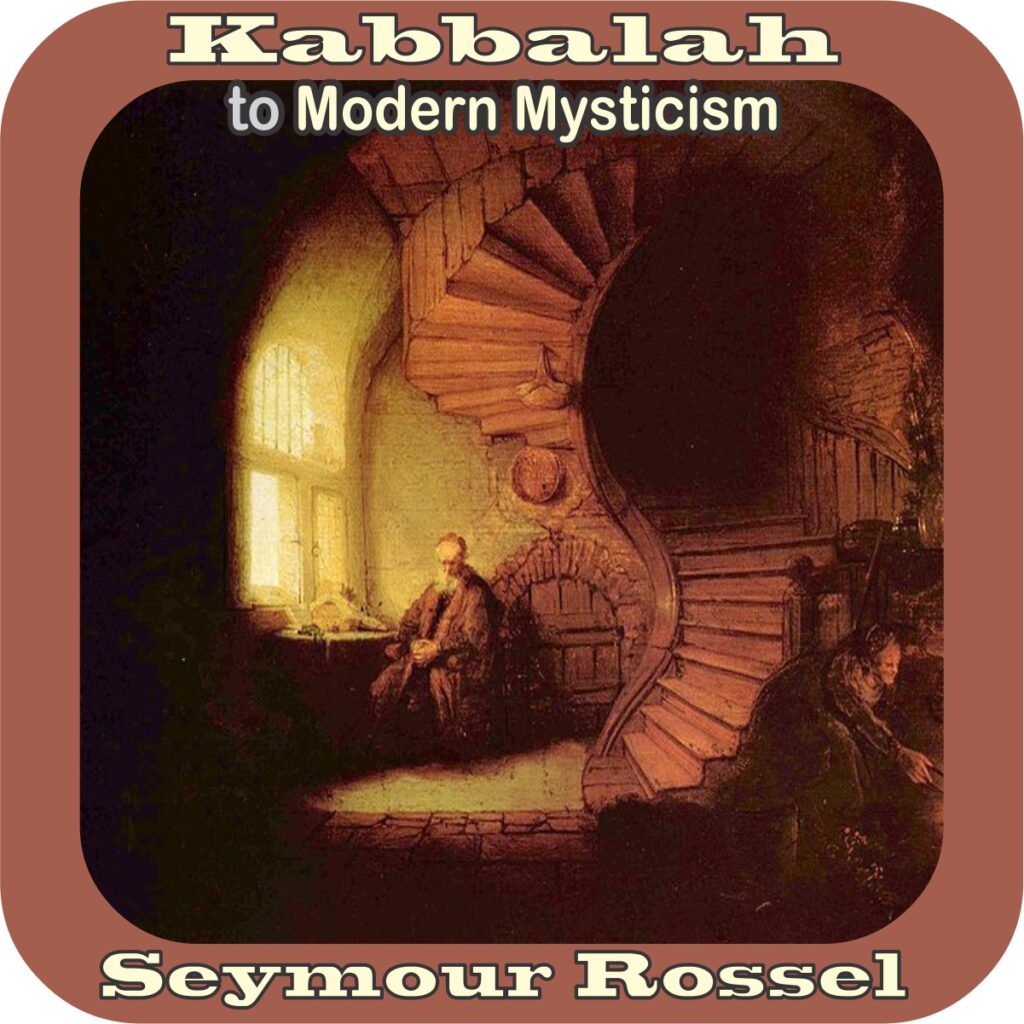Jewish Spirituality
Flexible Text Study for Adults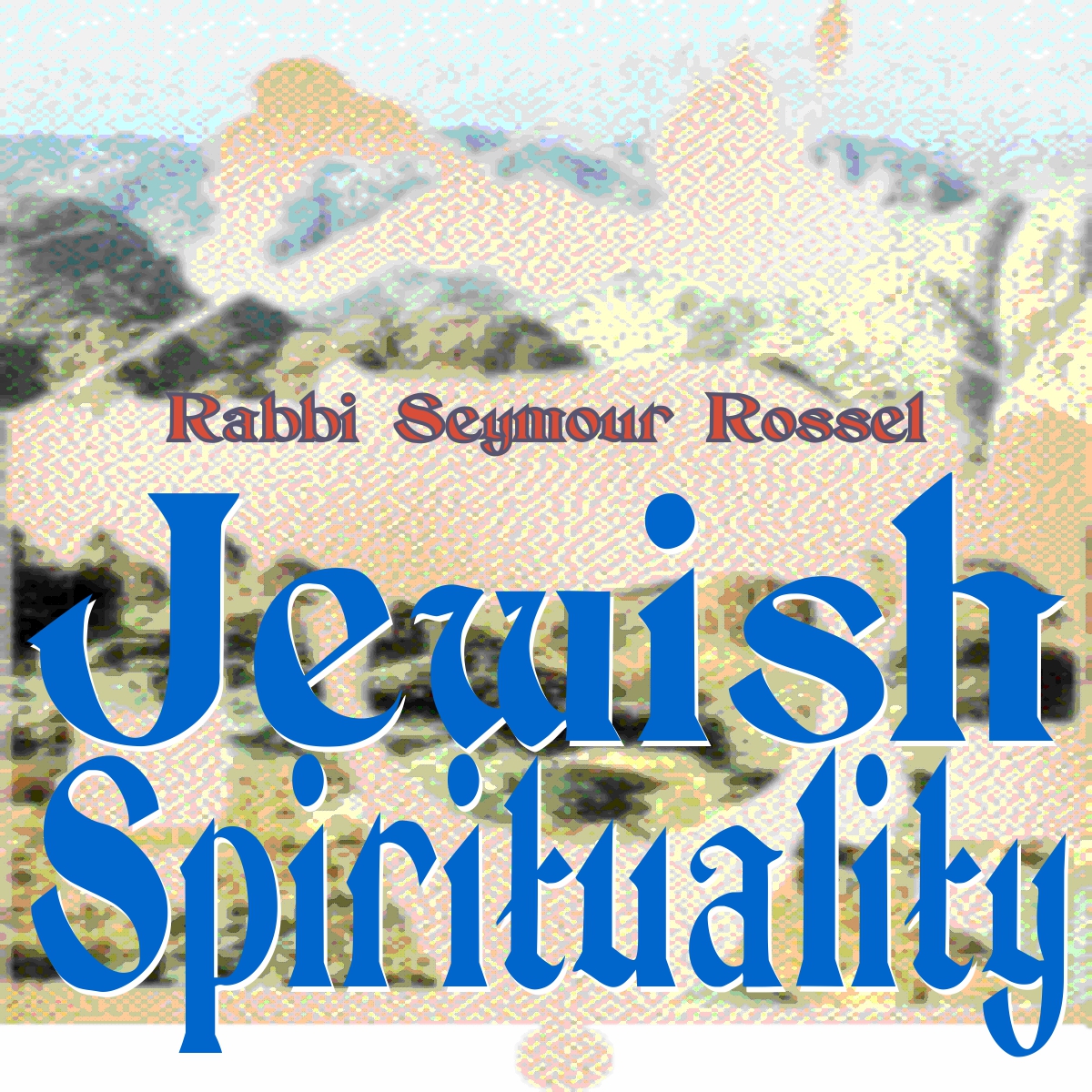
Can modern Reform, Conservative, Reconstructionist, and Humanist Jews achieve spirituality without denying the reality of everyday living?
Every concept of God, no matter how inspired, is a human attempt to depict the ultimate foundation of being. Our existence, and the outer and inner worlds that we experience, bear witness to the fact that this foundation exists. Our history demonstrates that spirituality, the search to know the foundation of being, is so compelling to believers and nonbelievers alike that it sometimes even takes precedence over basic necessities like food, clothing, and shelter. Modern Jews, like Jews in all ages past, seek to know God.
The Jewish heritage demands that every Jewish community must bear witness to God. Likewise, every individual within the Jewish community is directed to seek God. This search is so essential that Jewish tradition posits that life itself may be at stake. "For thus says the Lord to the house of Israel, ‘Seek me, and you shall live.’" (Amos 5:4) Nor do Jews believe that only a handful of specially endowed individuals are capable of finding God. Every individual, Judaism affirms, can find God. "I love them that love Me, and those that seek Me earnestly shall find Me." (Proverbs 8:17) In light of this, Judaism demands that the striving for God should be a continuous process, not the work of a moment, but the work of a lifetime.
Rabbi Rossel goes beyond the simplistic notions that spirituality is found only through ritual or only through righteous actions or tikkun olam. These are elements that enhance spirituality, but they are only partly the basis for the kind of search demanded by the Jewish tradition.
By reviewing the progress of Jewish ideology and theological inquiry, he leads participants to an understanding of how and why liberal Judaism evolved– and why liberal Judaism provides the keys for modern spirituality in a way that older forms of Jewish life simply cannot. He reminds us what can be learned from earlier Jewish thinkers and movements, even as he explores a new and more modern path through the spiritual forest.
Participants come away from these lectures and workshops with renewed self-confidence, with the knowledge that they are already on an authentic Jewish path, and with an eagerness to wrestle with reality in order to find the meaning of God in their own lives.
Format Descriptions: Three Sample Seminar Sessions
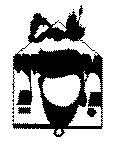
Session One
To Be Commanded
Spirituality calls us to wrestle with every moment. Spirituality engenders our power to transcend ourselves, to bring the Ever-Present into the present, to wonder and to adore, to fear and to tremble with fear, to overflow with causeless love, and–out of an ineffable sense of the unity of all being–to be commanded to do something. Spirituality commands us to enter this fray with our entire beings, to become personally responsible for the welfare of the community. What does it mean for a liberal Jew "to be commanded"?

Session Two
In God’s Image
What does it mean to be commanded to act in the image of God? What is the mysterious and ineffable connection between spirituality and teshuvah? Are there opportunities in our daily lives for us to create sanctuaries in our souls? These and other questions deal with the process of becoming spiritually alive.

Session Three
Bringing God into the World
Those who act in God-like ways bring evidence of God’s existence into the world. It is only through the actions of those who are spiritual that God’s existence is demonstrated and God is magnified. The way for liberal Jews was paved by Isaac Luria and Shabbetai Tzvi, by the Baal Shem Tov and Moses Mendelssohn, but walking it means creating a new path. This session provides a practical guide to forging a new spirituality.
Full-featured, multimedia presentations together with participant handouts citing major Jewish texts.
Available formats:
• seminar • scholar-in-residence weekend • lecture or series of lectures • individual workshop segments
You may also be interested in
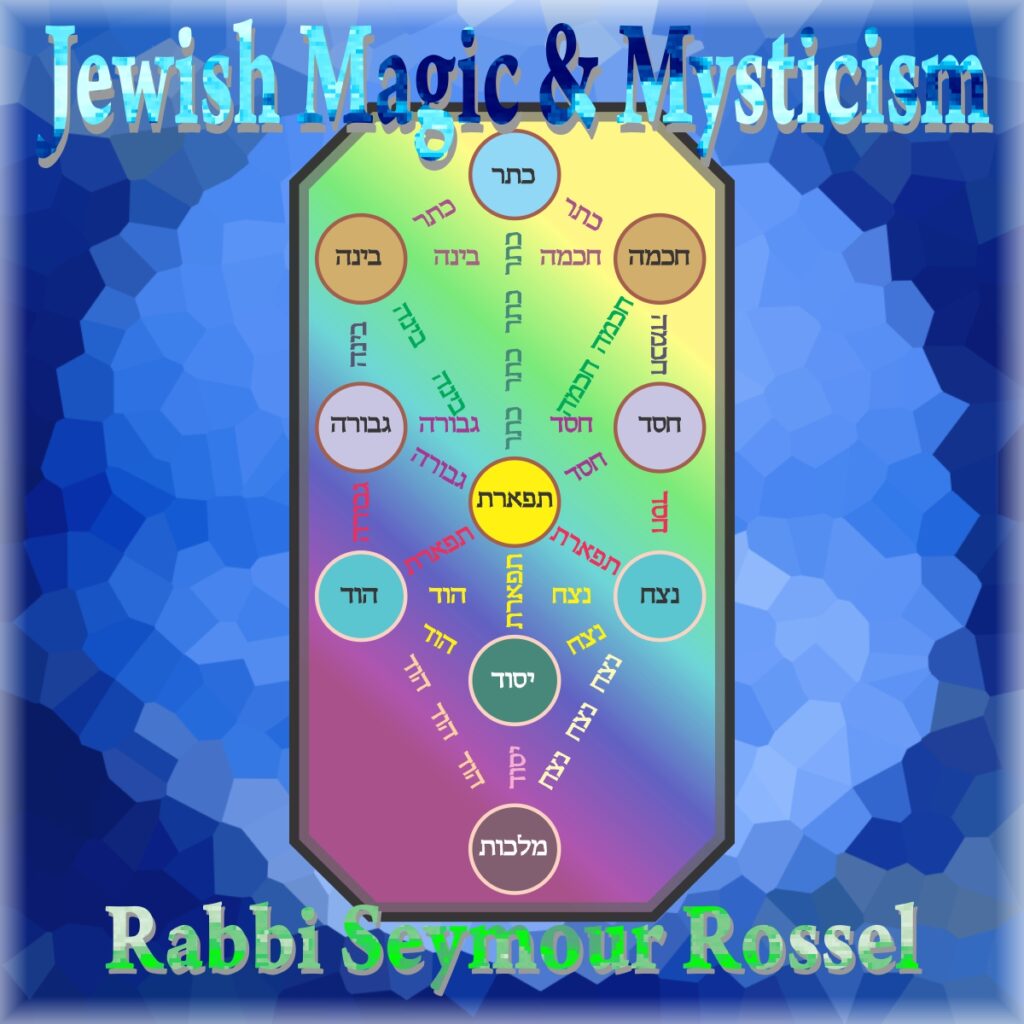
You may also be interested in
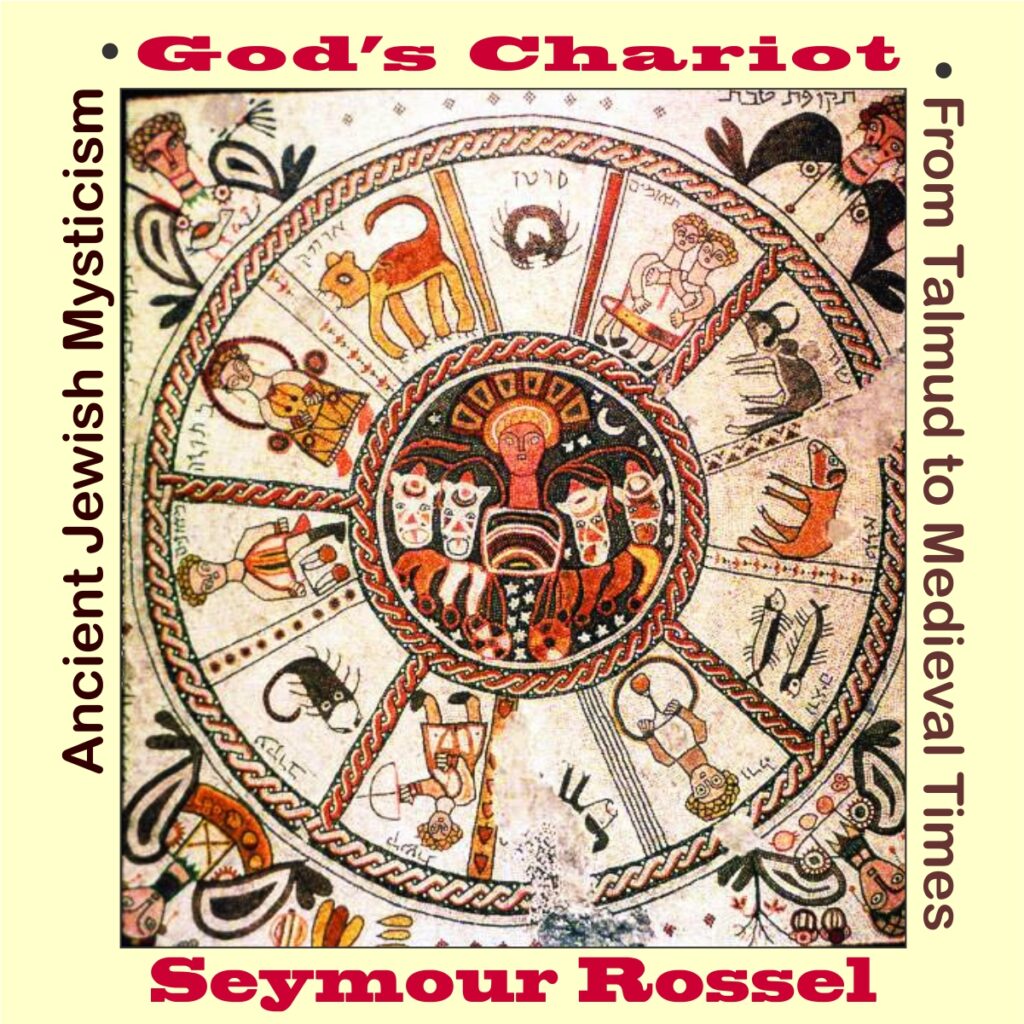
You may also be interested in
